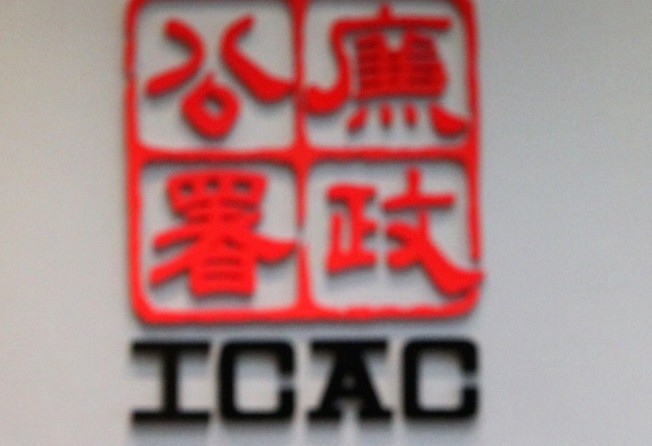Why ICAC probes are confidential

Since its inception in 1974, the Independent Commission Against Corruption has painstakingly evolved to justifiably earn its global credentials as a highly effective and professional graft fighter, without prejudice, fear or favour.
From its early days, when corruption was said to exist from womb to tomb, the agency rapidly gained the trust of the public by pursuing alleged corruption, wherever it was suspected within police, government or the private sector.
Corruption by nature is secretive and often sophisticated. Complaints and investigations are necessarily confidential, from identities of complainants and suspects, to details of allegations and investigations. Concluded cases, on legal advice, either result in prosecution or determinations of no further investigative action due to insufficiency of evidence, or lack of substance to continue investigation. Oversight of casework disposal is considered in reports to the Operations Review Committee, which occasionally directs further investigation.
If there are no court proceedings, complainants and suspects are formally advised of outcomes. Confidentiality protects reputations from public disclosure and safeguards public confidence when making a complaint.
Legal sanctions exist to deter, or prosecute false or deliberately misleading complaints. Provided complaints of alleged corruption are honestly reported and based on reasonable grounds to suspect malpractices, contrary to some current perceptions and calls, there should never be a need to apologise to anyone for making a complaint.
Complainants' motives are considered in the evaluation of reports and information available. Political dimensions among those concerned are not fatal to pursuable and viable investigations. Justice within the rule of law overrides motive, whilst investigators are alert to relationships and sensitive to the circumstances of each case. Disgruntled participants in collusive conduct, including whistle-blowers, are often the source of successful investigations.
In 1997 the benign dictatorship of the British administration passed away and gave birth to expectations of an emerging democracy. Growing pains have transformed to political puberty, reflecting impatient aspirations and disproportionate media attention. Within the rule of law, police and ICAC duties, practices and procedures must remain neutral and be conducted impartially, without political bias, fear or favour.
Complaints to the ICAC should remain confidential. Legitimately held suspicions, confidentially maintained but which later reveal no criminality, protect the integrity sought by those aspiring to public office. They should all learn to keep quiet and let the professionals get on with their duties.
Neil Parkinson, Discovery Bay